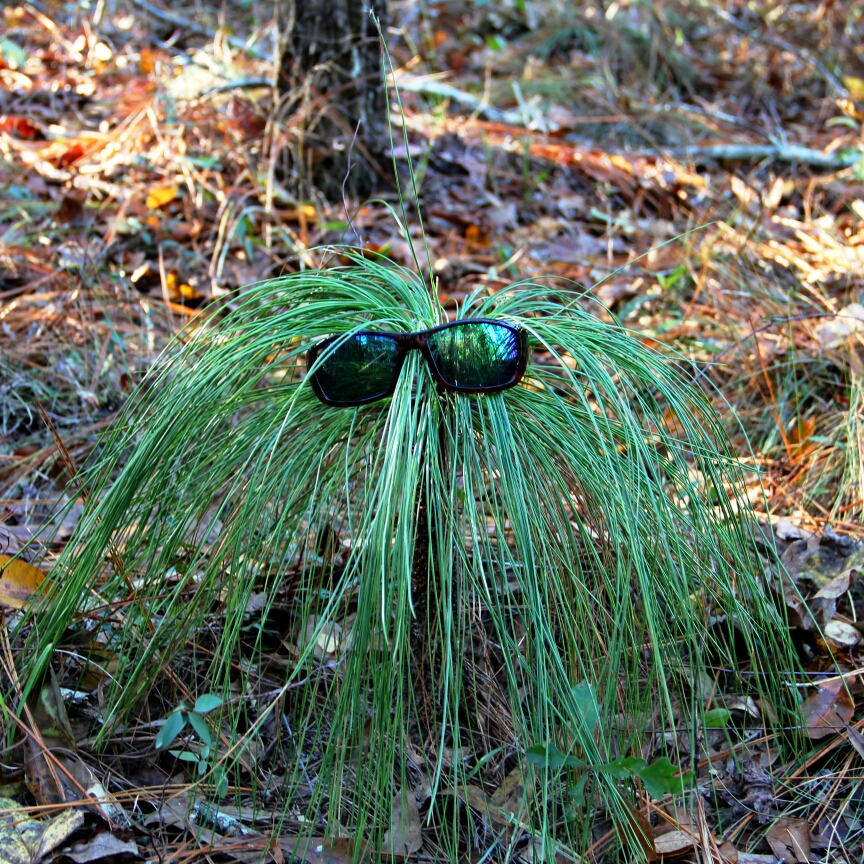
Pinus palustris
Longleaf Pine
Pine trees are evergreen, coniferous resinous trees. Some can grow to 80 m tall, with the majority of species reaching 15–45 m tall. The smallest are Siberian dwarf pine and the tallest is a 82 m tall ponderosa pine located in the Rogue River-Siskiyou National Forest. P. palustris is a tall, slow-growing pine with unusual needles that grow up to 45cm long. The tree can grow up to 35m tall. It is highly valued in the timber industry. It has a high resin content and dislikes having "wet feet".
Contributed by @jessicaspaid
-
Full sun
-
Occasional watering
-
Full Frost Hardy: 5F (-15°C)
-
Free draining
Common name
Longleaf Pine
Latin name
Pinus palustris
type
Tree
family
Pinaceae
ph
3.0 - 8.0 Acid - Neutral
Plant & bloom calendar
-
Best time to plant
full grown dimensions
 15.00 M
35.00 M
15.00 M
35.00 M
Pinus palustris
Pine trees are evergreen, coniferous resinous trees. Some can grow to 80 m tall, with the majority of species reaching 15–45 m tall. The smallest are Siberian dwarf pine and the tallest is a 82 m tall ponderosa pine located in the Rogue River-Siskiyou National Forest. P. palustris is a tall, slow-growing pine with unusual needles that grow up to 45cm long. The tree can grow up to 35m tall. It is highly valued in the timber industry. It has a high resin content and dislikes having "wet feet".
Planting young plants
From Early Spring TO Early Spring
Dig out an area for the tree that is about 3 or 4 times the diameter of the container or rootball and the same depth as the container or rootball. Use a pitchfork or shovel to scarify the sides of the hole.If container-grown, lay the tree on its side and remove the container. Loosen the roots around the edges without breaking up the root ball too much. Position tree in center of hole so that the best side faces forward. You are ready to begin filling in with soil. Create a water ring around the outer edge of the hole. Not only will this conseve water, but will direct moisture to perimeter roots, encouraging outer growth. Once tree is established, water ring may be leveled.









